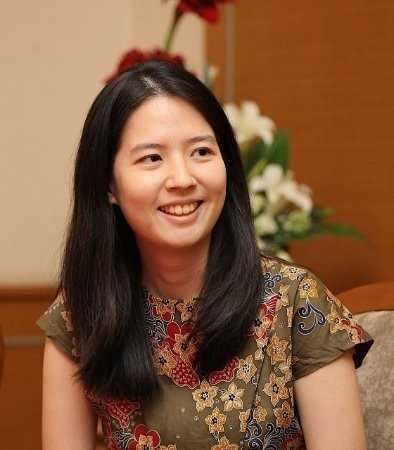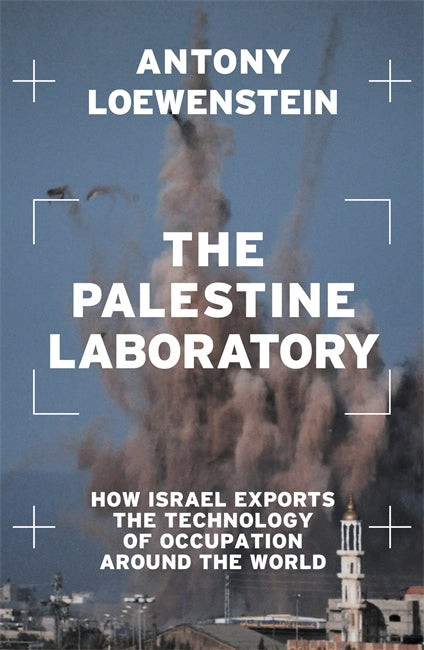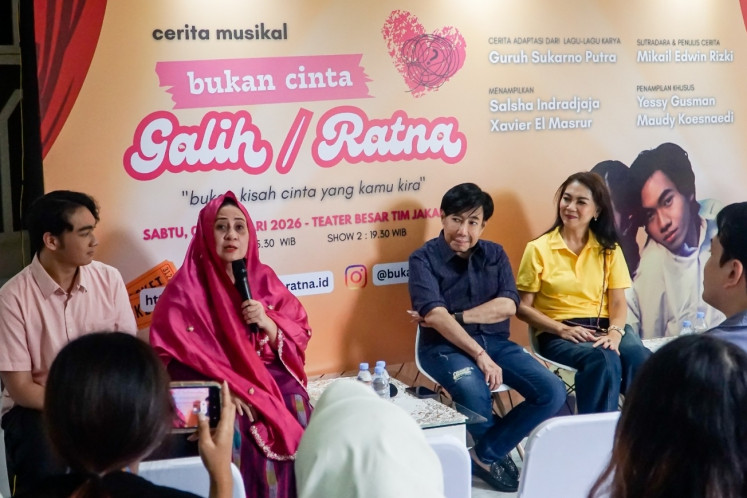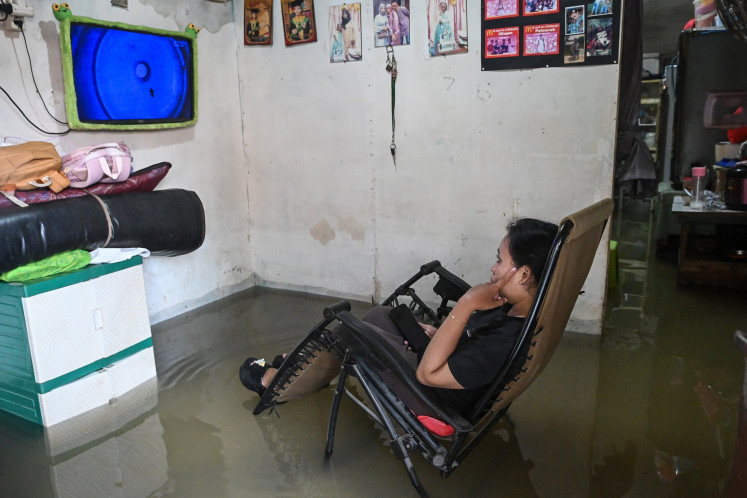Popular Reads
Top Results
Can't find what you're looking for?
View all search resultsPopular Reads
Top Results
Can't find what you're looking for?
View all search resultsWhat I’ve learned: Stevia Angesty, Feelwell Ceramics founder
Stevia Angesty left her career at McKinsey to start Feelwell Ceramics (FWC) and made it her mission to bring safe sanitation to some of the poorest communities in Indonesia.
Change text size
Gift Premium Articles
to Anyone
W
hat I’ve Learned is a column that presents candid interviews with policymakers, artists, activists and businesspeople on facing challenges and making a difference.
There are three facts you should know about Stevia Angesty’s mission. First, one out of four people in Indonesia does not have access to toilets. Second, 50 percent of the world’s largest archipelago still consumes fecal-contaminated water daily. Third, while you will likely only read this and wish the world was different, she is doing something about it.
When Stevia discovered these staggering statistics, she left her career at McKinsey to start Feelwell Ceramics (FWC), a company providing accessible and affordable sanitation products. She made it her mission to bring safe sanitation to some of the poorest communities in Indonesia. But you won’t find her bragging about it on social media.
***
I started FWC in 2016, and I am still the same.
I made a conscious effort not to think about how others label me, activist, social entrepreneur, businesswoman – so be it. I learned that the best barometer to measure if I am on the right track is whether I wake up feeling excited about what I’m doing. I put a lot more emphasis on the voices of those who care for me – family, mentors, friends – and filter that from noise. I feel content every time I am in the field, seeing the impact of what FWC has done to the community.
At first, we sold our toilets by educating communities on how toilets can help save their children from the danger of stunting, but we still need to move the needle. We shifted our approach and sold our bathrooms by telling them how convenient it was to have toilets within their reach. Whether people use toilets because of convenience or their understanding on how safe sanitation can save their children from stunting, it has become less important to me as long as they have toilet access.
I’m not saying I’m never frustrated or angry. You care. That is why you’re angry. You care. That is why you are frustrated. If you wake up in the morning and feel nothing, that is when you have a problem.
We tried a buy-one-give-one model before. Why did it not work? We focus on less privileged areas, and low-to-medium markets. People in these areas already have difficulty getting a toilet, so how will they go for a buy-one-give-one model? People spend more on pulsa (phone data) than on toilets.
Only some people want freebies. When they purchase something, they care about it. We want people to buy the products, so they use them. We see toilets given away for free, and they are abandoned. Some programs even give away sitting toilets when the people in the communities are only used to squat toilets.
I want to create an organization that can run without me. We do not want to rely on donations or a buy-one-give-one model because the model is not sustainable.
I can’t remember how many times I’ve read How Will You Measure Your Life?. The book helps you evaluate your life in a structured way, in a business plan way. It is like a business plan for your life, so you can focus on multiple metrics.
We tend to measure our success based on how successful our work is, but that is not the only metric to measure your life. Your relation to your loved ones is important. Have you considered that in the way you plan your day? Integrity is another important metric. Have you done things that you feel ashamed sharing with your children? Have you hurt others?
I’ve learned that the answers to your questions are actually in the field. If you say you are solving issues but you are just sitting at your desk, I do not believe you.
You have to have the heart and the brain to try and solve problems, but you have to be in the field to find the answers.
Water and sanitation issues have been there for years. But how many people are out in the field trying to tackle it?
I don’t see myself as an activist. I don’t tell everyone what I’m doing or release press releases regarding stunting and sanitation. By nature, I do not see that as an avenue for me.
I know what I am good at. I’m good at operations. When I want something, I can make it happen.
When it comes to social ventures, you need to figure out what people really need, not what they want. You have to ask yourself, does the business serve the mission? Are you really trying to sell boba tea as a way to solve hunger issues? A social venture is not about profit but serving the social issue.
I’m not trying to convince anyone about who the victims are here. I’m working with the victims so I can solve the issue of stunting and chronic malnutrition. I know who should be prioritized, so I focus on them. I don’t think that makes me an activist.
I do not need to beg for money to help people. That is the beauty of what I do.
I focused on the Java and Sumatra population considerations—80 percent of the population is in Java and Sumatra. This means, despite a lower stunting prevalence index (e.g. 25 percent in West Java vs. 34 percent in NTT), the number of potential children being affected by the danger of stunting is much more prominent in the west of Indonesia. Many institutions are surprised that we still focus on West Java because they think this area would not have stunted children, while in reality 1 in 5 children in Jakarta are stunted.
FWC was born to reduce stunting by providing safe sanitation for all. Stunting is mainly caused by two factors, lack of nutrition and lack of safe sanitation. Many have yet to notice the latter because the impact of safe sanitation takes longer to materialize. To me, it was a problem with a clear answer, but nobody wants to do something about it. With support from Bappenas [the National Development Planning Board] and The United States government, FWC managed to scale and focus on selling toilets to areas with high risk of stunting.
Going forward, FWC intends to focus on the east of Indonesia in 2023 and hopes to find partners with the shared vision to scale our operations. Children’s lives are equally important, whether in West Java or NTT [East Nusa Tenggara].











